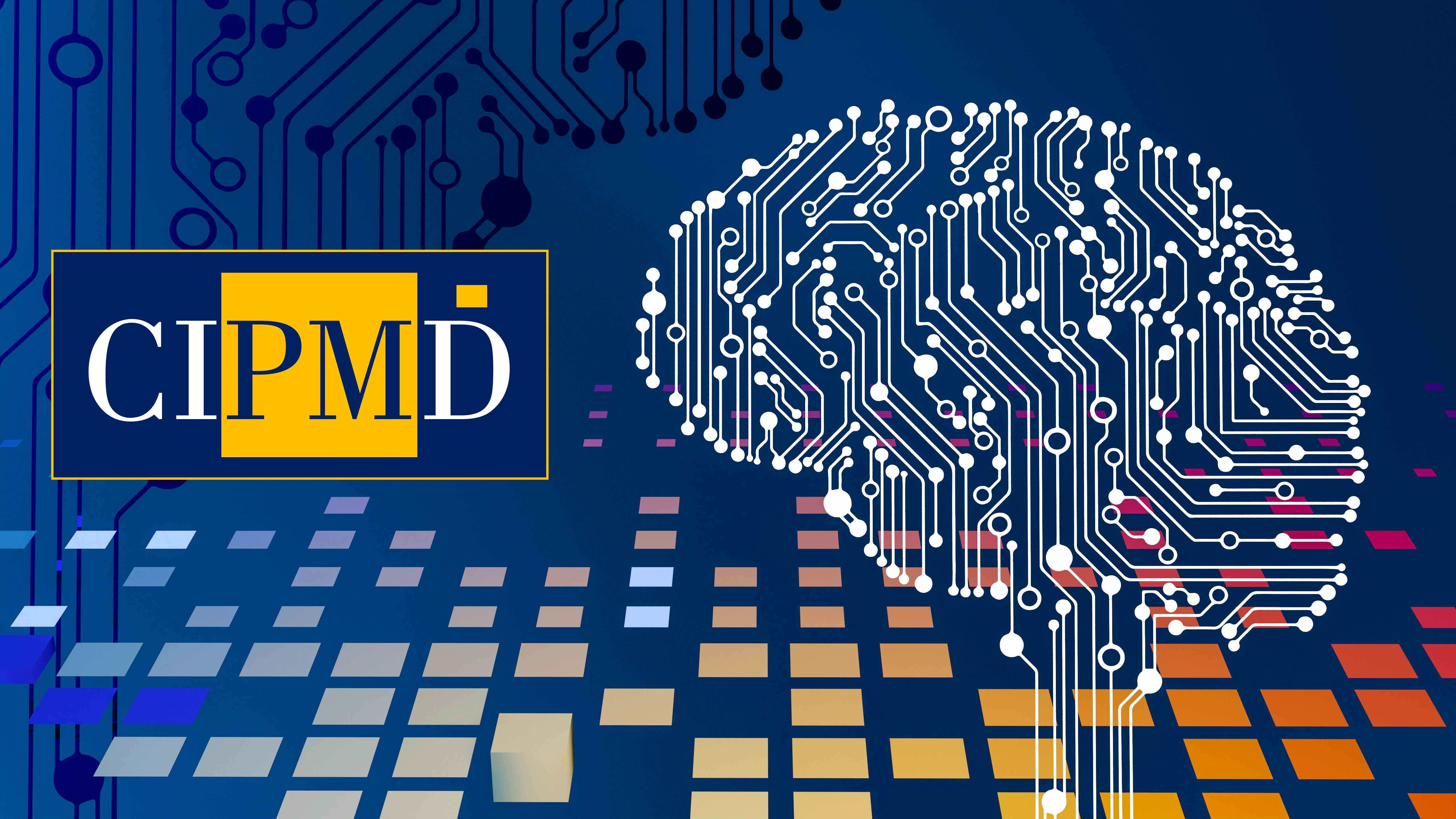AI in People Management (PM): The Future is Now
How artificial intelligence is transforming talent management - and how to implement it right.
-
The AI Revolution in People Management
The Chartered Institute of People Management and Development (CIPMD) recognizes artificial intelligence as the most transformative force reshaping the people management landscape. Across industries, AI-powered solutions are augmenting human capabilities in talent acquisition, workforce analytics, learning systems, and leadership development. Gartner's 2023 research reveals that 72% of People Management (PM) leaders have implemented AI solutions in at least one people management function, with 89% reporting measurable improvements in process efficiency and decision quality.
-
Strategic Implementation Framework
The CIPMD AI Adoption Framework provides a structured approach for integrating artificial intelligence into people management functions. This four-phase model begins with capability assessment, where organizations evaluate existing infrastructure and data readiness. The second phase focuses on targeted piloting of AI solutions in discrete functions such as resume screening or engagement analysis. Mature implementation forms the third phase, where AI becomes embedded in daily workflows. The final optimization phase concentrates on continuous improvement through feedback loops and performance monitoring.
-
Talent Acquisition Transformation
AI-driven talent acquisition systems now deliver unprecedented capabilities in candidate matching and assessment. Modern platforms leverage natural language processing to analyze resumes, predict candidate success factors, and even conduct initial screening interviews through conversational AI. CIPMD research demonstrates that organizations using these systems reduce time-to-hire by 40% while improving quality-of-hire metrics by 28%. However, the Institute emphasizes the critical need for human oversight to ensure algorithmic fairness and mitigate unconscious bias in machine learning models.
-
Workforce Development Enhancement
Personalized learning experiences powered by AI represent a quantum leap in professional development. Adaptive learning platforms analyze individual knowledge gaps, learning styles, and career aspirations to deliver customized content recommendations. CIPMD case studies show these systems increase training completion rates by 65% and knowledge retention by 47% compared to traditional approaches. The Institute's AI in Learning Certification equips professionals to design, implement, and evaluate these next-generation development systems.
-
Performance Management Evolution
Continuous performance monitoring through AI tools provides real-time insights into employee productivity, engagement, and development needs. Sophisticated systems analyze work patterns, communication styles, and output quality to generate predictive performance analytics. CIPMD's Ethical AI Guidelines stress the importance of transparent metrics, employee consent, and human interpretation of these data-driven insights to maintain trust and fairness in performance evaluation processes.
-
Employee Experience Personalization
AI-powered chatbots and virtual assistants now handle routine inquiries, benefits administration, and policy clarification, freeing people professionals for strategic initiatives. These systems provide 24/7 support while learning from interactions to improve response accuracy. CIPMD research indicates organizations implementing AI-enabled employee experience platforms achieve 35% higher satisfaction scores and 28% reduction in administrative workload for people teams.
-
Ethical Considerations and Governance
The CIPMD AI Ethics Charter establishes eight core principles for responsible AI implementation in people management. These include algorithmic transparency, data privacy protection, human oversight requirements, and bias mitigation protocols. The Institute mandates that all AI systems undergo regular audits for fairness and accuracy, with particular attention to protected characteristics and demographic parity in outcomes.
-
Building AI Competency in People Professionals
CIPMD's AI Fluency Certification Program develops critical capabilities for people management practitioners. The curriculum covers data literacy, machine learning fundamentals, machine prompts and human interactions, ethical implementation frameworks, and change management for AI adoption. Participants learn to evaluate vendor solutions, interpret AI-generated insights, and bridge the gap between technical teams and business leaders.
-
Measuring AI Implementation Success
The CIPMD AI Impact Assessment Model provides organizations with a comprehensive evaluation framework. Key metrics include process efficiency gains, decision quality improvements, employee acceptance rates, and return on investment. The model emphasizes balanced scorecard reporting that captures both quantitative benefits and qualitative impacts on organizational culture and employee experience.
-
Future Trends and Preparedness
Emerging AI applications in people management include predictive attrition modeling, skills gap forecasting, and augmented reality training systems. CIPMD's Future of Work Observatory monitors these developments, providing members with regular updates on technological advancements and implementation best practices. The Institute predicts that within five years, AI will handle 40-50% of transactional people management tasks, allowing professionals to focus on strategic human capital development.
The CIPMD asserts that artificial intelligence represents not a threat to the people management profession, but rather its most powerful enabler. When implemented responsibly and strategically, AI amplifies human judgment, enhances decision-making, and elevates the entire employee experience. The Institute calls upon all people management professionals to embrace AI fluency as a core competency, ensuring they remain at the forefront of shaping workplaces where technology serves human potential.
